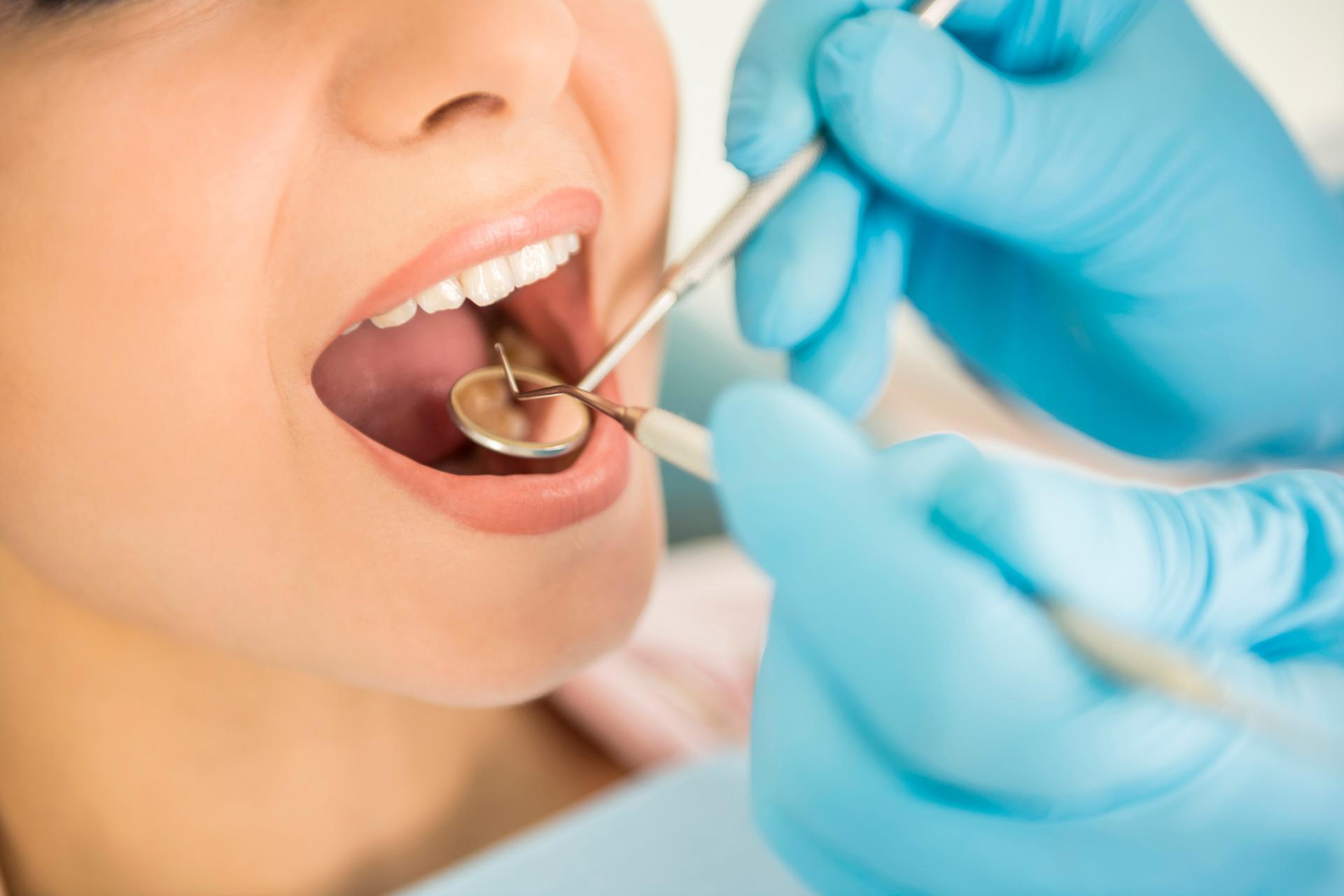Tooth sensitivity is a sudden sensation caused by a stimulus such as heat or cold. It happens when dentin, the layer beneath the enamel, gets exposed when teeth lose their protective enamel layer. Once this happens, the nerves within the teeth become exposed to different stimuli, leading to tooth sensitivity and pain. Tooth sensitivity is common and should be investigated when it happens. The best place to start is by knowing what could cause it.
Your Diet
What you eat and drink can affect the teeth, in addition to providing the minerals required for the body to repair your teeth in case something happens. Hard and acidic foods harm the teeth leading to tooth sensitivity. Your teeth can also become overly sensitive if you consume lots of sports drinks, citrus fruits and juices.
Chewing Ice
Some people love the sensation of chewing ice, but doing so can be very damaging to your teeth. Ice is hard enough to damage or crack the enamel, leading to sensitivity. Something else that can happen is the ice grinding down your teeth over time, leading to them losing their protective enamel.
Harsh Brushing
Some people assume that aggressive brushing leads to cleaner teeth. Doing so can increase tooth sensitivity, so knowing how to brush properly is important. In addition to brushing properly, use a softer toothbrush and brush your teeth in a circular motion instead of up and down and front to back. Take note of how much pressure you put on your teeth to ensure you are not brushing with enough force to cause sensitivity.
Tooth Whitening
Tooth whitening can give you a bright smile, but it can also do a lot of damage. Some teeth whitening products in the market are too harsh, and some people whiten their teeth too frequently.
To ensure it is done right, it is best to work with a dentist who will help reduce the risk of tooth sensitivity. You can get a private dentist Droitwich to whiten your teeth, and they will put together a plan depending on how likely your teeth are to be sensitive after the whitening.
If you decide to whiten your teeth at home, use gentle products, follow all instructions on the packaging, and avoid whitening your teeth too frequently.
Recent Dental Procedures
A dentist performs numerous procedures that can lead to tooth sensitivity. It should go away in about four weeks, but let your doctor know if the sensitivity is too high or persists for too long, as these are signs that something is wrong.
Sinus Infections
Many people do not consider sinus infections when they have tooth sensitivity. These infections cause inflammation and pressure due to the sinuses swelling. A sinus infection is likely if your teeth and head hurt simultaneously, and the pain worsens when you tilt your head to one side or lean over.
There are many reasons why you might have teeth sensitivity, so it is a good idea to talk to a dentist to find the underlying cause. The dentist can recommend numerous solutions, including fluoride treatments or desensitising toothpaste, to help with the issue.



Leave a Reply
You must be logged in to post a comment.